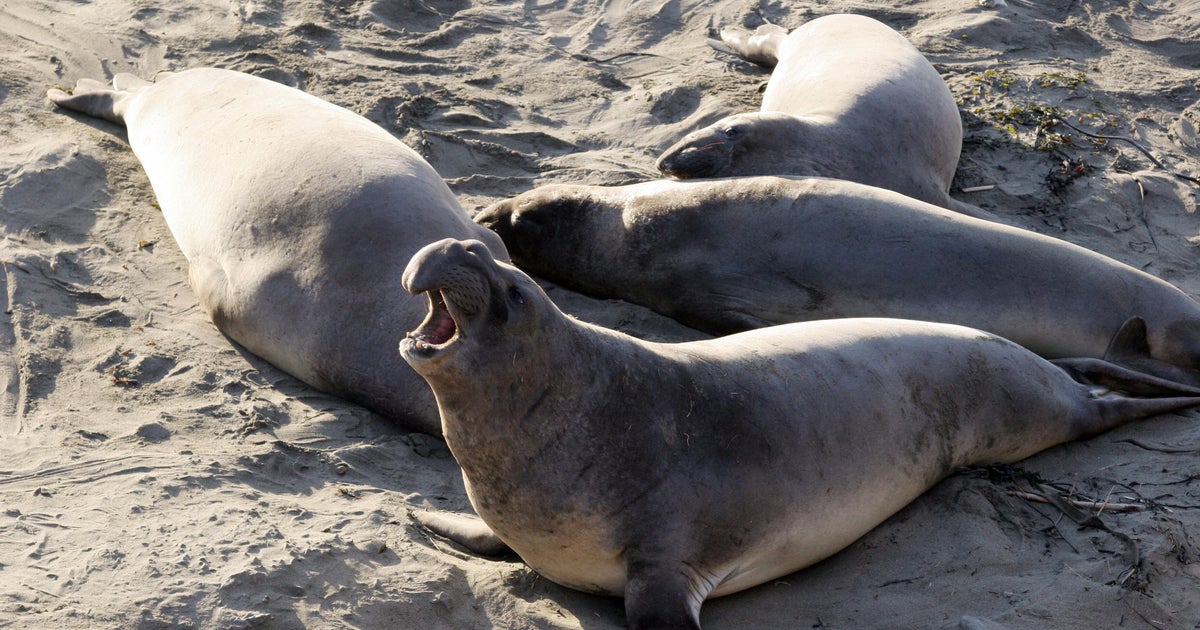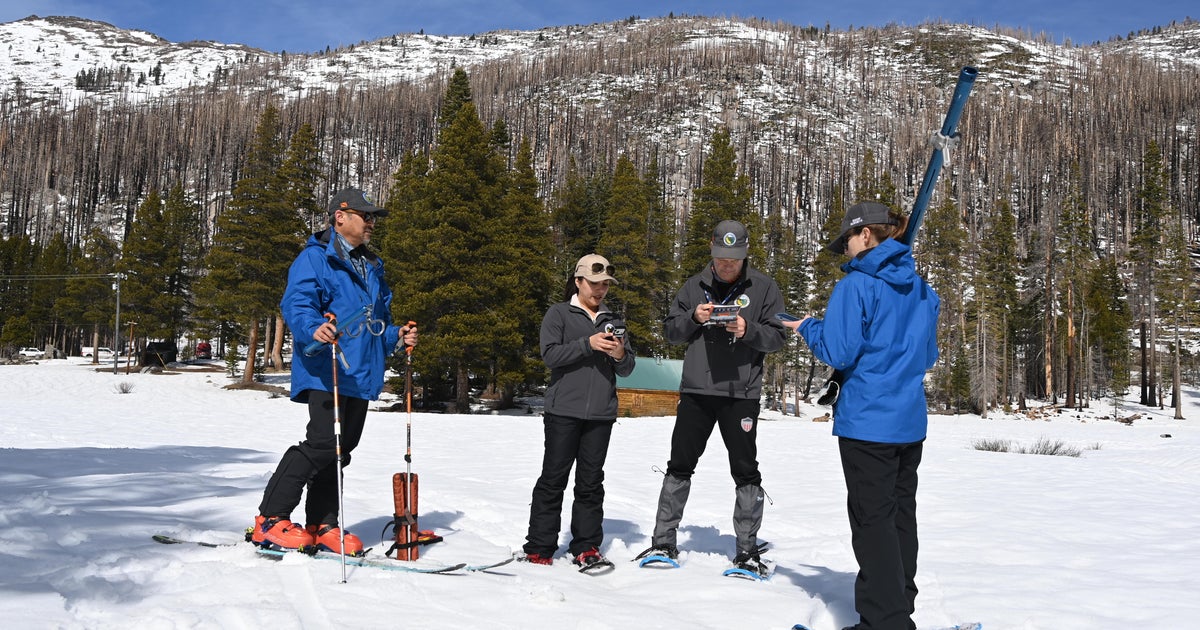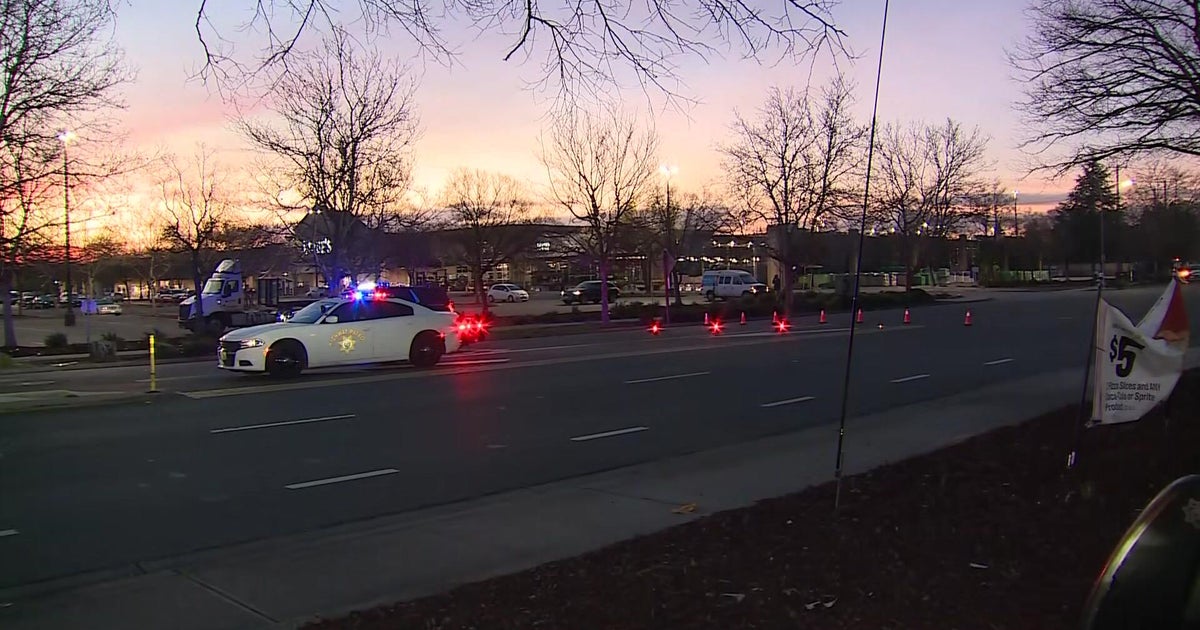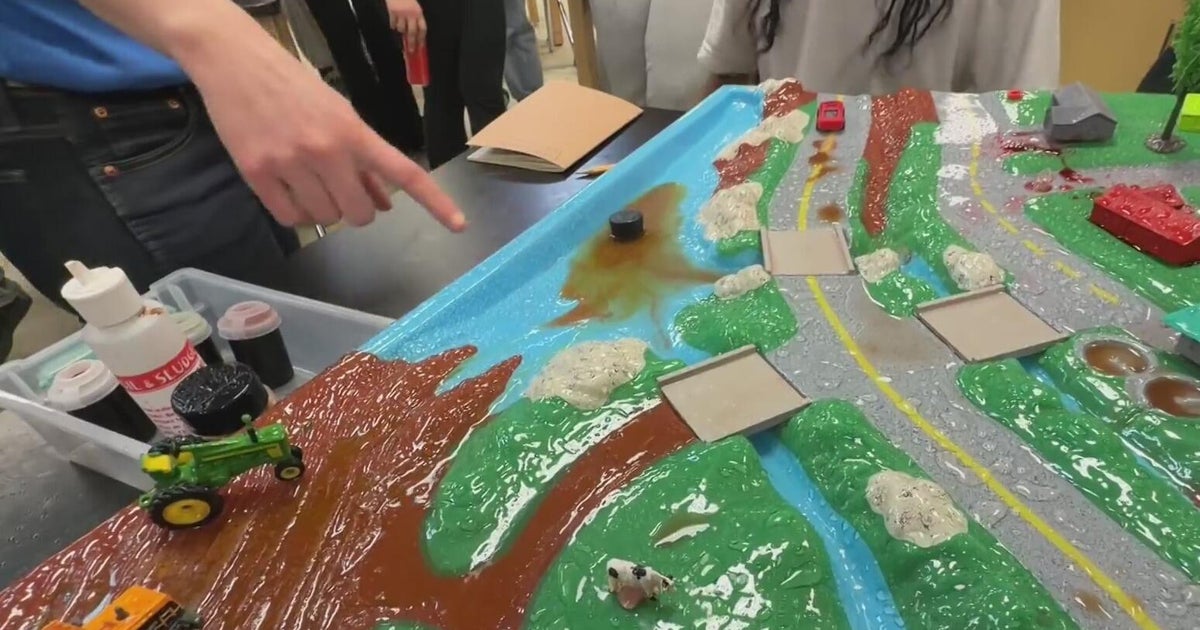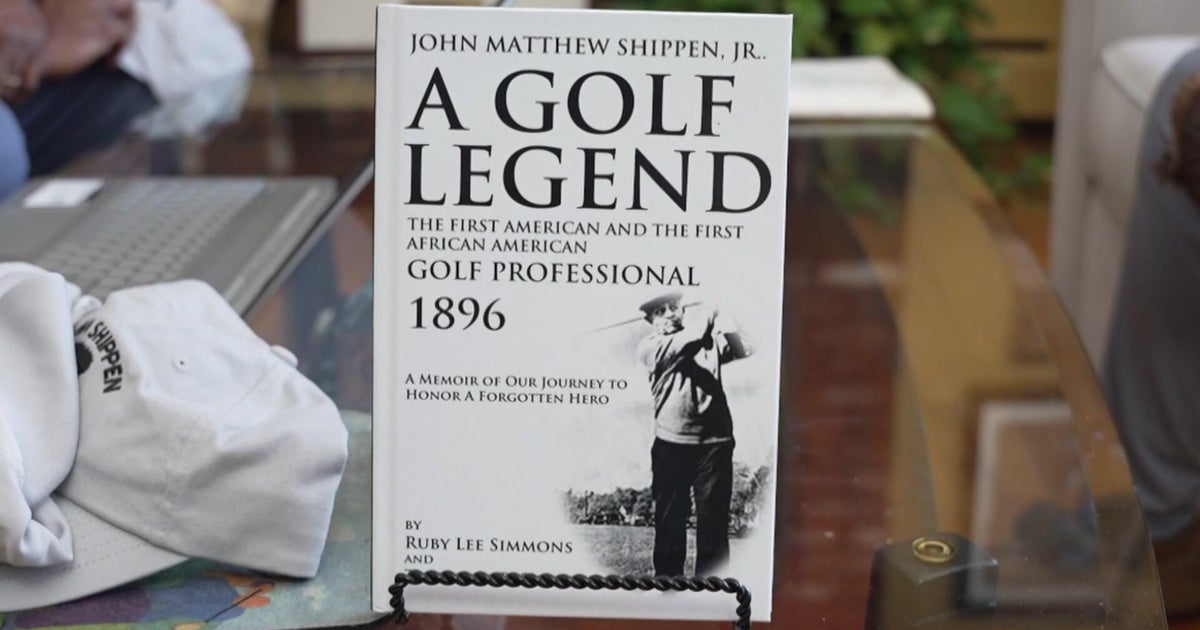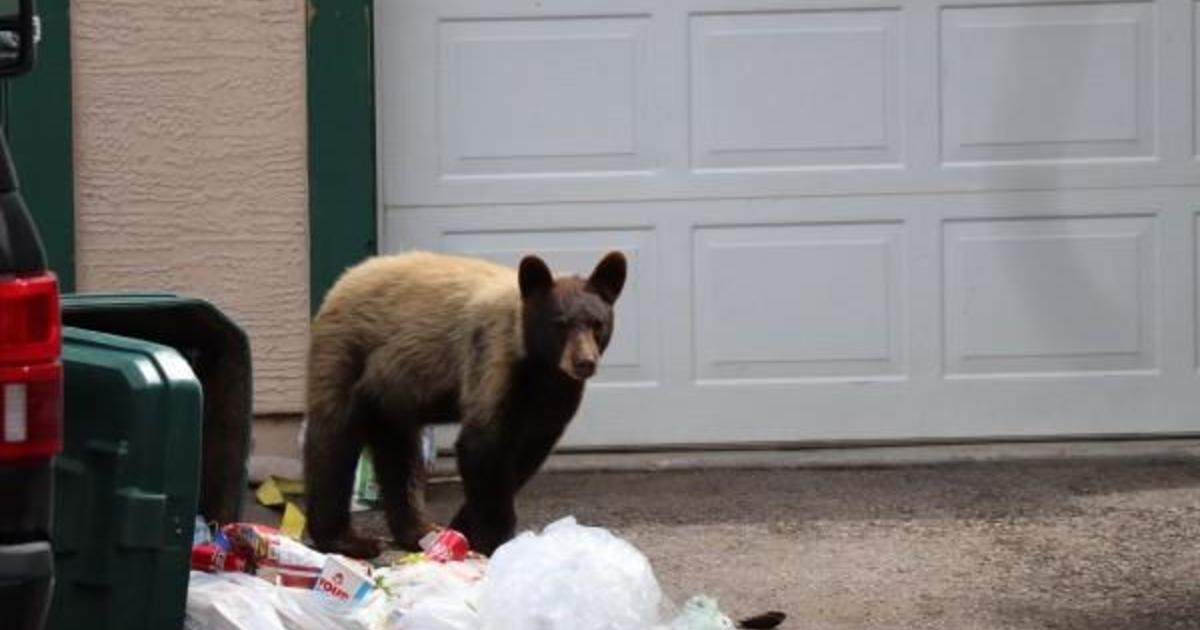Tire additive could push California salmon to extinction, study says
SAN FRANCISCO - For just the third time in history, California has cancelled the Fall salmon fishing season due to alarmingly low population levels. And now, scientists have discovered that a chemical given off by automobile tires may be adding to the die-off.
Every day, thousands of cars take to the highways, constantly shedding tiny particles of rubber from their tires, which, when it rains, are washed down into the Bay. That seemed normal until something caught the attention of researchers at the SF Estuary Institute.
"About 5 years ago we learned of this study that was being done up in Washington State that found large quantities of salmon die off as a result of this chemical additive in tires," said Warner Chabot, the Institute's Executive Director.
The study found that an additive in tires called 6PPD, when exposed to oxygen and ozone, morphs into 6PPD-quinone, a toxic chemical that quickly killed 90 percent of young salmon in laboratory tests. The population of Coho Salmon in Washington is already suffering, but in California, it is nearly extinct. So, the SF Estuary Institute tested streams emptying into the Bay and found the chemical here, as well.
"This is a four or five alarm fire for the existence of salmon in California," said Chabot. "Clearly this chemical needs to go and needs to be replaced ASAP."
The California Department of Toxic Substances Control agreed and recently put tire manufacturers on notice that they need to find a safer alternative--which currently doesn't exist. The problem is, 6PPD is extremely important as a preservative that keeps tires from drying out and crumbling. Without it, tires could quickly become a safety hazard. So, Scott Artis, with the Golden State Salmon Association, compares the search for a new rubber preservative to the effort to put a man on the moon.
"If we want to find an alternative, we have to just go out and do it," said Artis. "We have to SAY we're going to do it. We have to make that goal and strive to make that happen."
And rather than fight the issue, the US Tire Manufacturers Association is leaning into the challenge. In a statement, they acknowledged the problem and said, "We are committed to collaborating with researchers and regulators in California and Washington to better understand this material, fill knowledge gaps and determine next steps."
"Collaboration, I think, is needed," said Artis, "And that's what I think is so encouraging with this, is that we're going to save, or potentially help save, this keystone species through these collaborative efforts, recognizing that change needs to happen."
"We are dancing on the edge of extinction for salmon in California," said Chabot. "Anything and everything we do is important and urgent and necessary."
The timeline is pretty tight. The State has given manufacturers until March of next year to at least submit a study of possible alternatives or face having their tires taken off the market in California. So, the race is on to find chemicals that can help, rather than harm, the environment. And if they're successful, it won't just be a small step for salmon, but a giant leap for mankind.
